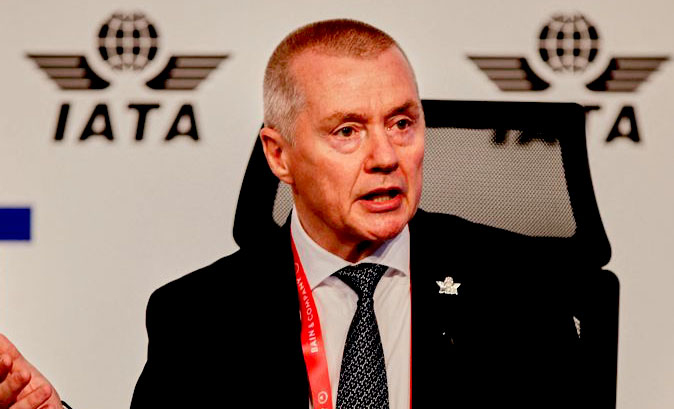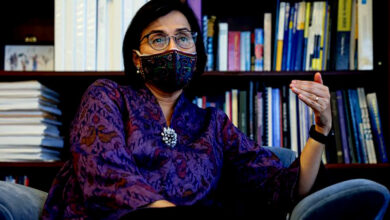Enhancing Gender Diversity in Aviation: Advancements and the Road Ahead

The International Air Transport Association’s (IATA) annual meeting in Istanbul unveiled recent statistics that shed light on the persistent challenge of achieving gender equality within the aviation sector. While progress has been made, the pursuit of true parity remains an elusive objective.
Aviation, renowned for its lopsided gender representation, particularly among pilots, technical and engineering roles, and senior leadership positions, has grappled with this issue for years. In response to allegations of sexism within the industry, IATA launched the 25by2025 initiative in 2019. However, only half of the association’s members have thus far committed to this initiative.
The overarching goal of 25by2025, which IATA has diligently promoted this year, is to amplify the presence of women in senior positions and other under-represented areas by 25% or to a minimum of 25% by the year 2025.
IATA’s Director General, Willie Walsh, acknowledged the persistent under-representation of women in aviation, but also expressed optimism about the progress being made. He cited this year’s data, revealing that out of the 300 airlines in the group, there are presently 28 female CEOs, and within the airlines participating in the initiative, women constitute 42% of the workforce.
The recent appointment of Yvonne Manzi Makolo, the CEO of RwandAir, as the chair of the IATA board of governors, marked a significant step forward. It signals the industry’s commitment to cultivating gender diversity at the highest levels of leadership.
Walsh, commenting on the composition of the board back in 2018, expressed the need for improvement, noting its predominantly middle-aged white men from Europe. This observation underscored the impetus behind launching the gender diversity initiative.
During the group’s annual meeting in 2018, Akbar al Baker, the CEO of Qatar Airways, made a controversial remark suggesting that only men could hold the position of chief executive in the airline industry due to its demanding nature. Although he later apologized, claiming his comment was a joke taken out of context, it ignited a broader discussion within the industry.
Guliz Ozturk, CEO of Turkey’s Pegasus Airlines, responded to the incident by emphasizing the importance of refraining from such jokes, asserting that gender should not determine an individual’s potential. Ozturk believes that both women and men are capable of excelling in any role if they possess the necessary qualifications, competence, education, and experience.
In addition to raising awareness and promoting equality, further efforts must be undertaken to provide educational support and mentorship opportunities. By bolstering female candidates’ confidence and fostering their development, the industry can ensure a stronger and more diverse future.
The figures presented at the IATA meeting serve as a reminder that although progress has been made in the realm of gender diversity in aviation, there is still much work to be done. With continued commitment, support, and a collective dedication to change, the aviation sector can pave the way for a truly equitable future.





